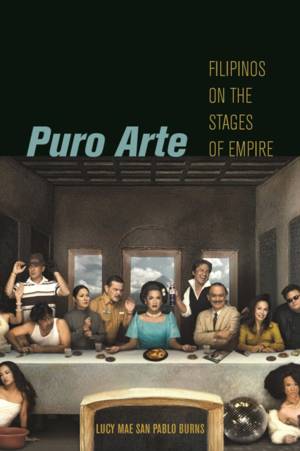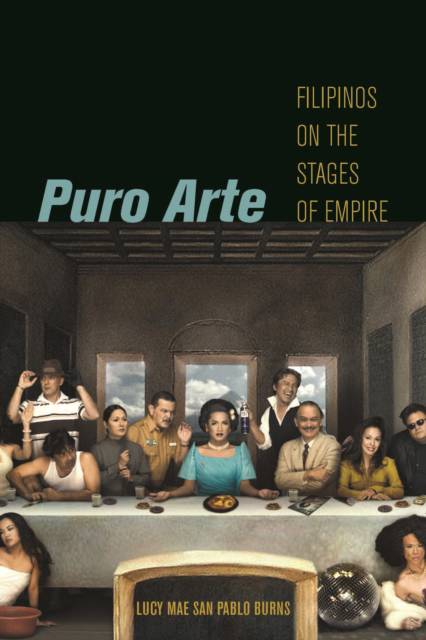
- Retrait gratuit dans votre magasin Club
- 7.000.000 titres dans notre catalogue
- Payer en toute sécurité
- Toujours un magasin près de chez vous
- Retrait gratuit dans votre magasin Club
- 7.000.0000 titres dans notre catalogue
- Payer en toute sécurité
- Toujours un magasin près de chez vous
Description
Winner of the 2012 Outstanding Book Award in Cultural Studies, Association for Asian American Studies
Puro Arte explores the emergence of Filipino American theater and performance from the early 20th century to the present. It stresses the Filipino performing body's location as it conjoins colonial histories of the Philippines with U.S. race relations and discourses of globalization. Puro arte, translated from Spanish into English, simply means "pure art." In Filipino, puro arte however performs a much more ironic function, gesturing rather to the labor of over-acting, histrionics, playfulness, and purely over-the-top dramatics. In this book, puro arte functions as an episteme, a way of approaching the Filipino/a performing body at key moments in U.S.-Philippine imperial relations, from the 1904 St. Louis World's Fair, early American plays about the Philippines, Filipino patrons in U.S. taxi dance halls to the phenomenon of Filipino/a actors in Miss Saigon. Using this varied archive, Puro Arte turns to performance as an object of study and as a way of understanding complex historical processes of racialization in relation to empire and colonialism.Spécifications
Parties prenantes
- Auteur(s) :
- Editeur:
Contenu
- Nombre de pages :
- 205
- Langue:
- Anglais
- Collection :
- Tome:
- n° 9
Caractéristiques
- EAN:
- 9780814744437
- Date de parution :
- 03-12-12
- Format:
- Livre relié
- Format numérique:
- Genaaid
- Dimensions :
- 152 mm x 229 mm
- Poids :
- 444 g

Les avis
Nous publions uniquement les avis qui respectent les conditions requises. Consultez nos conditions pour les avis.






